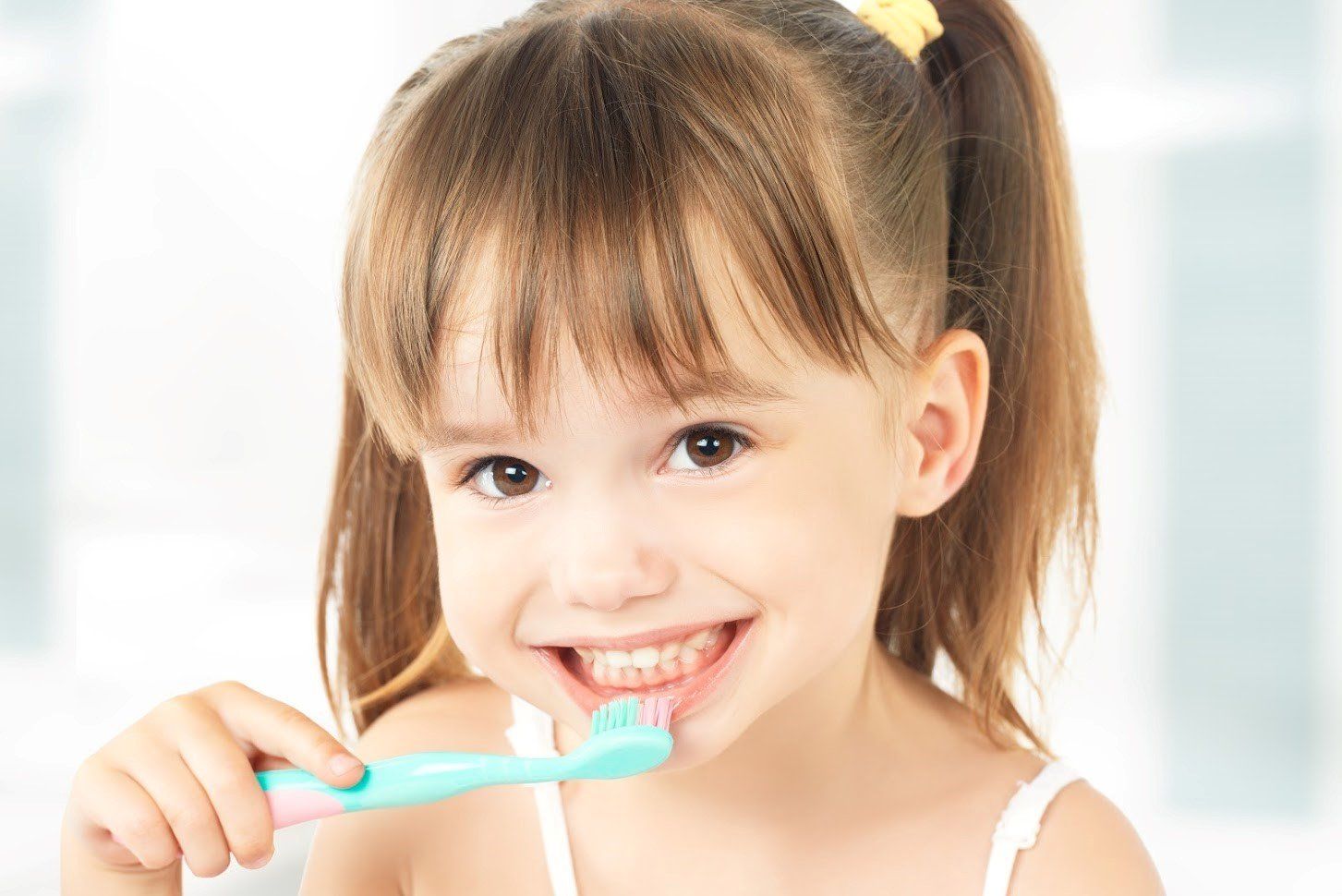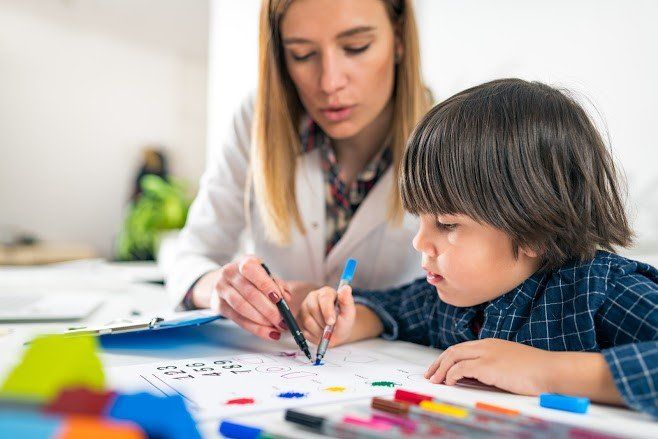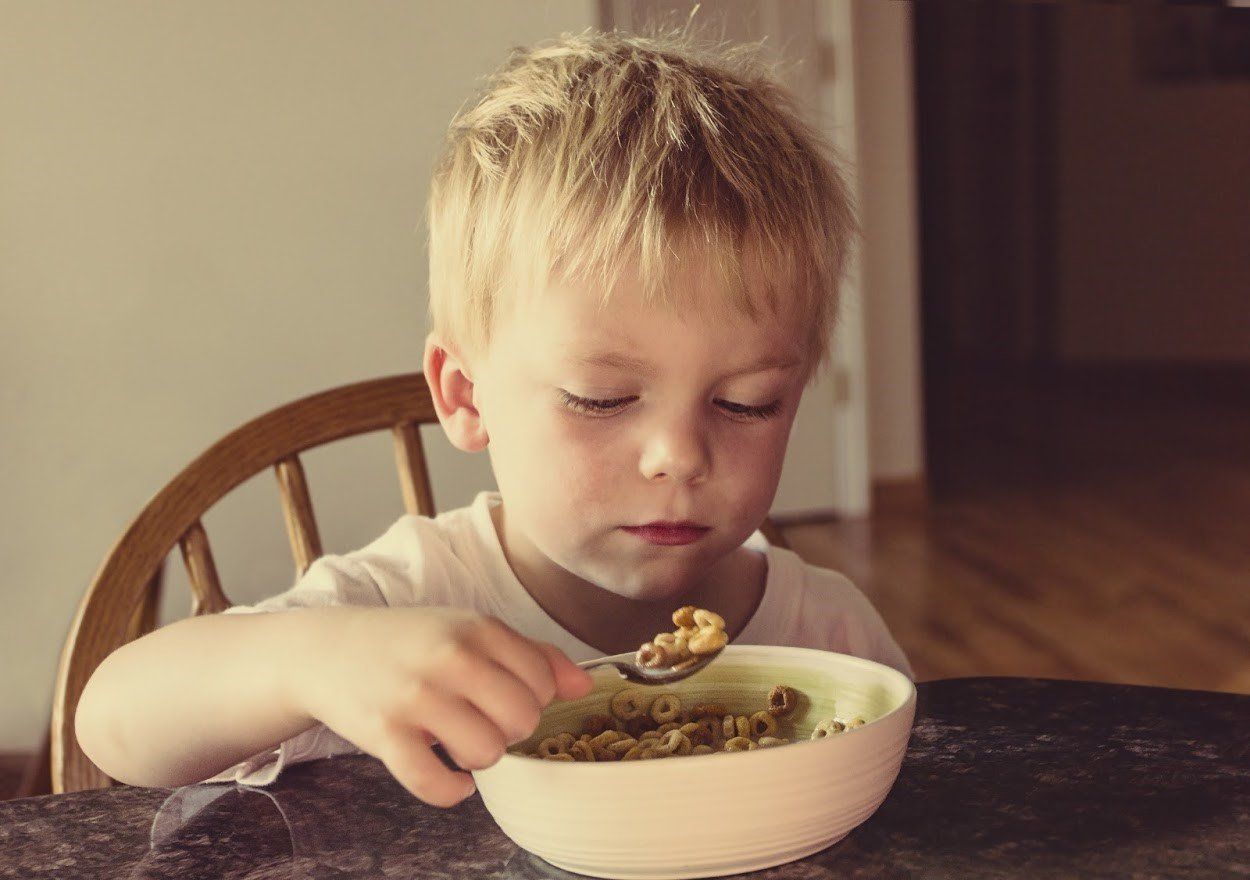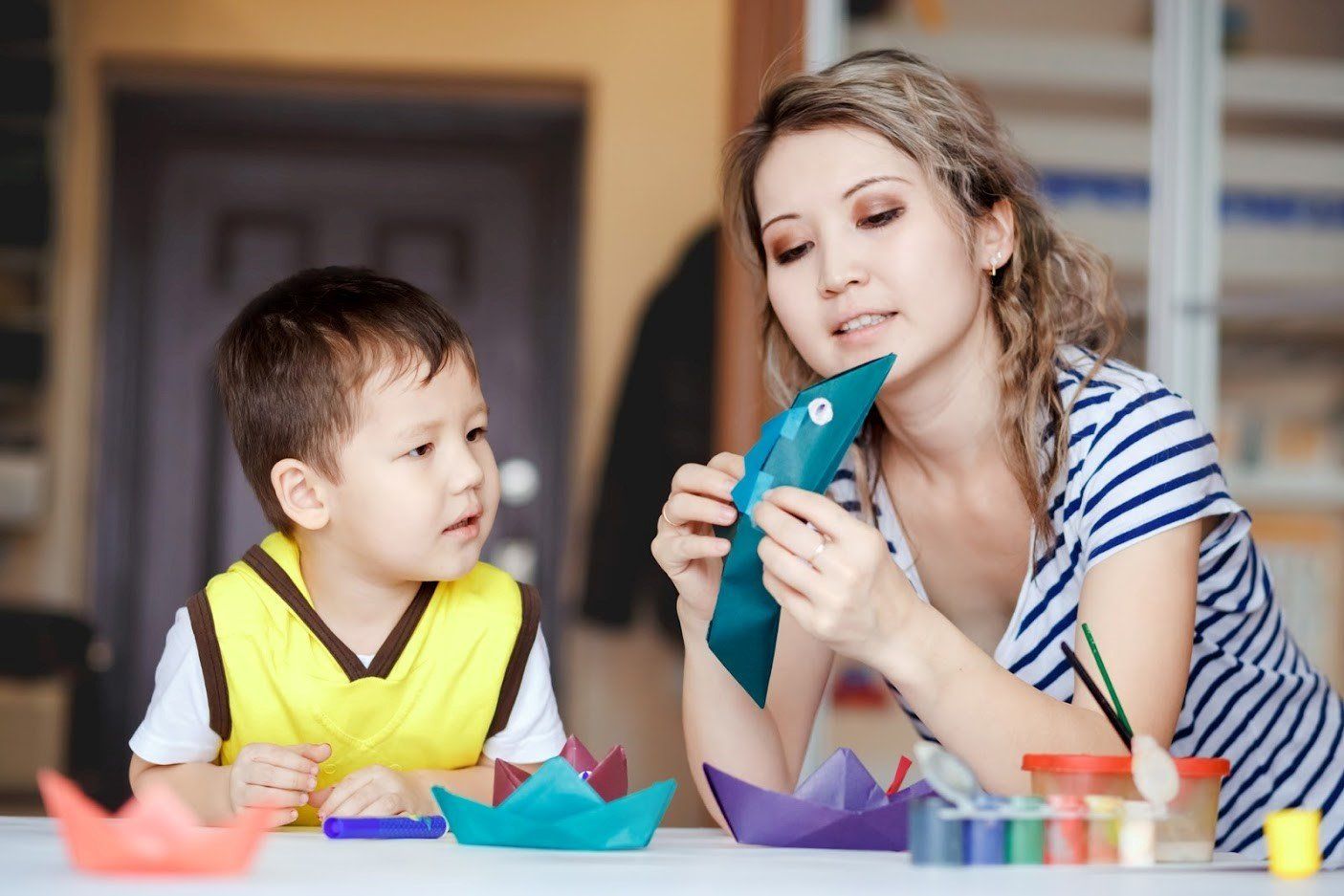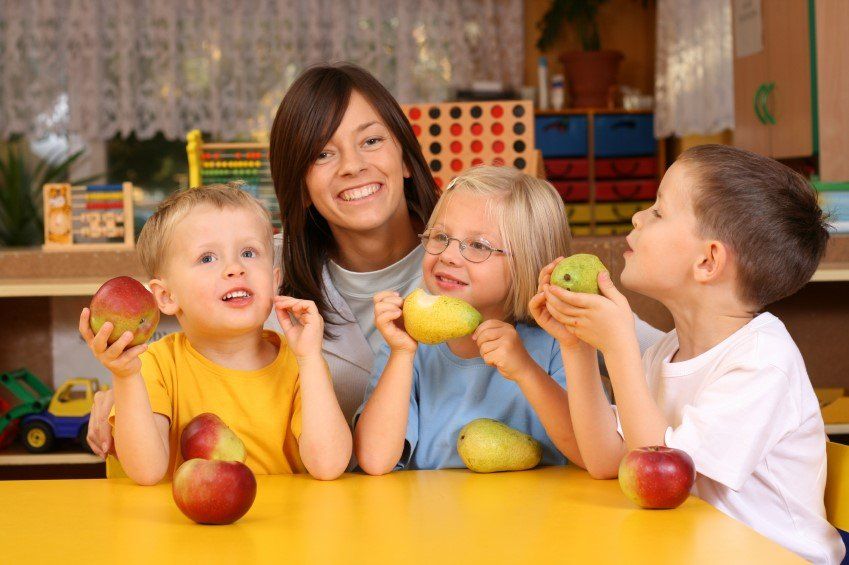Food Allergies, Preschool, and Your Child
More than seven percent of children in the United States have a food allergy, according to the American Academy of Pediatrics (AAP). If your child is one of five million plus under the age of 18 with this medical issue, take a look at what you need to know about food allergies, safety, and daycare or preschool.
Inform Other Adults
Don't assume every other adult who interacts with your child understands their food allergy. The more people you educate on your child's allergy, the safer your child is. Young children, especially toddlers and preschoolers without mature verbal skills, may not have the ability to inform the adults around them of their allergy restrictions.
If your child can't speak for themselves, or you have concerns that they won't, you'll need to inform all adults who interact with your child about their allergy. Before your child starts daycare or preschool, prepare a brief information sheet or guide to hand out. Include allergy education points such as:
Background on food allergies. Some people, even adults, don't understand the difference between an intolerance and an allergy. Avoid potentially dangerous care mistakes and inform other adults about the difference.
The type of food allergy your child has. Eight foods (milk, eggs, wheat, soy, tree nuts, peanuts, fish, and shellfish) cause 90 percent of food allergies, according to John Hopkins medicine. Include the specific allergy or allergies your child has.
The type of reaction your child has. Does your child break out in hives, feel queasy, or have a full-blown anaphylactic reaction? Specify the type and potential severity of the reaction your child may have.
The type of treatment necessary. How can the adults around your child help them in the event of an allergic reaction? Provide specific instructions. You can also use this section of your information guide to educate others on treatments for different food allergies/severities.
Safe handling procedures. How should adults who have contact with your child handle the allergen? Provide information on handling, hand washing, and other preventative steps. This includes cross-contamination and unintentional ingestion.
Non-food contamination issues. Cross-contamination doesn't just happen in the kitchen. Make sure the adults understand that a child/adult who touches the allergen, and then touches a toy, can cause a reaction in your child.
Who should you give your guide to? Your child's teachers are an obvious first choice. Other adults who can benefit from the information sheet include the daycare or preschool's administrators (such as the director), food prep staff, assistants or aides, and parents of your child's peers.
Ask About Snacks
Stay on top of what your child eats, or will eat, during their day. Prior to the start of the school year (or before your child joins a daycare group), ask the teacher or director about:
Meals the school provides. Does your child eat breakfast or lunch at school? Ask for a detailed menu with an ingredient list.
Meals the school doesn't provide. If the children bring their own lunch, ask the director or teacher about allergy-friendly policies. Are there separate seating arrangements? Does the school limit or ban specific allergens?
Snacks. Along with meals, ask about snacks the school provides or the children bring.
Special treats. Does the center allow birthday treats or other special snacks parents bring from home? If so, ask about allergy policies for these items.
Foods used in activities. Some teachers use foods and beverages as part of learning activities, such as sensory explorations. Ask about the school’s use of food in these situations.
Along with these items, ask if you should bring your child's own meals or snacks in — instead of relying on what the school or center provides. This allows you to control what your child eats and gives you full access to ingredient lists.
Is your child ready to start daycare or preschool? Contact Small World Early Learning and Development Center for more information.



